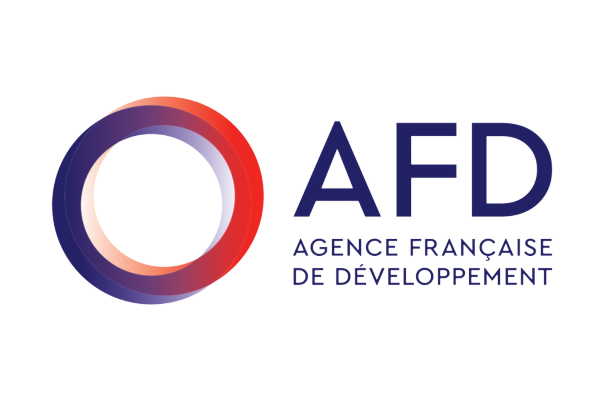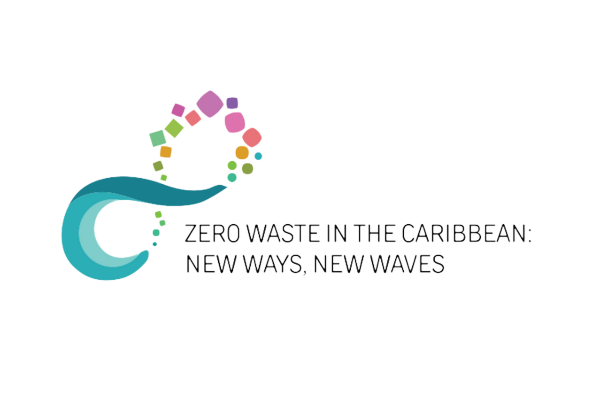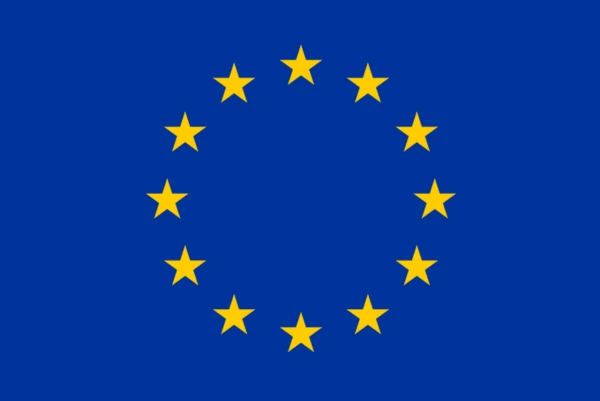Recycling in the Eastern Caribbean (Recycle OECS)
Recycle OECS is a project that aims to reduce plastic pollution in the OECS region by recycling in the Eastern Caribbean. Recycle OECS goes above just recycling but encompasses researching and designing a sustainable waste separation, collection, and recycling model, with demonstrations in two member states. The project also seeks to increase awareness of the environmental and health risks of plastic pollution and pollution in general among all stakeholders. The Recycle OECS project falls under a broader EU zero waste initiative, which works to strengthen the EU-Caribbean partnership for cooperation in the field of circular economy and solid waste management. The Recycle OECS project is a two-year initiative funded by the European Union and implemented by the OECS Commission in partnership with the Agence Française de Développement (AFD)
Recycle OECS
The Recycle OECS project is a response to the major problem of plastic pollution in the OECS, which has intensified due to the proliferation of plastics and Styrofoam in the manufacturing of consumer goods. Historically weak waste management systems and poor practices in OECS Member States have resulted in socioeconomic and environmental threats.
The rising scale of marine pollution has the potential to eclipse the considerable economic, health and cultural value of OECS marine ecosystems for the economic future of OECS Member States. The problem of water quality and marine pollution is a present and growing threat to the potential of the OECS Blue Economy.
Project Status and Accomplishments to Date
Beneficiary Countries:
The OECS will be the direct beneficiary of the funds delegated from the European Union to AFD. Based on an eligibility assessment framework, two OECS Member States will be identified to host the demonstration projects, involving local waste management services and partners. The project's target audience is diverse and includes government, investors, the commercial sector, the waste management sector, community partners, households, youth, and citizens in general.
Goals
The objectives of the Recycle OECS Project are:
- Reduce plastic pollution in the OECS region
- Research and design a sustainable waste separation, collection, and recycling model
- Increase awareness of environmental and health risks of plastic pollution and pollution in general among all stakeholders
- Develop a model waste separation, collection, and recycling program for the OECS that considers a regional approach, self-financing, sustainability, and business viability
- Conduct demonstrations in two Member States
- Provide support towards the sustainability of the existing plastic collection system in Saint Lucia
- Provide solid inputs to determine the feasibility of a plastic waste treatment infrastructure implementation in the region that will strengthen the region's economy, and safeguard its marine and coastal resources.
Activities
The ultimate goal is to enhance the OECS model based on findings and lessons learned, and promote blue economy, circular economy and zero waste connections through:
- Assessing and consolidating relevant experiences in the OECS and broader afield
- Identifying the two most relevant and viable territories for demonstration of the OECS model
- Based on the OECS model developed, implementing and demonstrating this in the two territories identified, addressing any weakness and gaps identified and enhancing the OECS model based on findings and lessons learned
- Feasibility, design and implementation of two plastic waste collection projects, with the possibility to extend it both to treatment/processing and to other types of plastics than PET and HDPE
- Structuring the logistics chain for the transport/export of plastic collected under the project, through the identification of possible transformation/recycling options and choosing the best options through test runs (transportation of recyclable material to various recycling plants)
- Setting up communication and awareness campaigns around plastic collection and recycling, blue economy, circular economy and zero waste connections, through targeted communication activities
- Setting up a monitoring and reporting system, including relevant data collection and visualization
Resources on Ocean Governance and Blue Economy in the Eastern Caribbean
Access more resources on Recylce OECS in the Eastern Caribbean via the OECS Library such as
Partners of the project
The Recycle OECS project is a two-year initiative funded by the European Union and implemented by the OECS Commission in partnership with the Agence Française de Développement (AFD). The Recycle OECS Project supports the broader EU Zero Waste initiative in the Caribbean Programme, which aims to strengthen the EU-Caribbean partnership for cooperation in the field of circular economy and solid waste management. The envelope available under the 11th EDF of the EU amounts to EUR 8.7 million, from which AFD, GIZ, and UNEP received allocations for the implementation of key projects. The AFD's project will concentrate on plastic waste reduction, collection, and recycling in small Caribbean islands, taking into account a regional approach to waste treatment.



Contacts
Susanna DeBeauville-Scott
Project Manager
Tel: +1 (758) 455-6342


